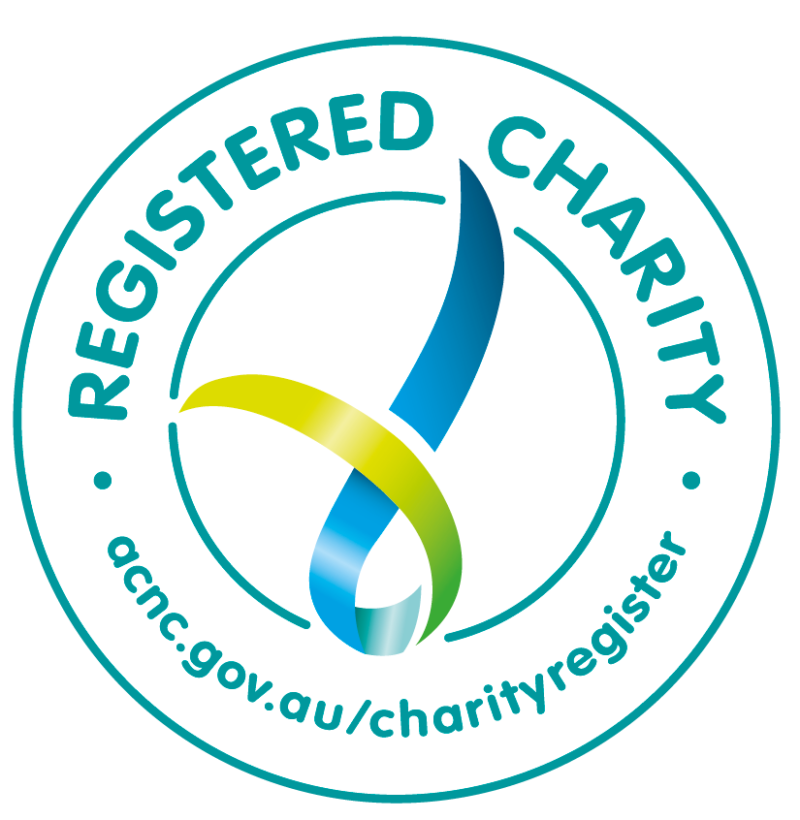It’s totally normal to feel stressed or anxious when you are faced with challenges, however, there is a difference between feeling stressed every now and then and experiencing ongoing anxiety.
Symptoms of anxiety can include feelings of worry, fear, and impending doom that are so severe that they interfere with your ability to work, maintain relationships, and get a decent night’s sleep.
Physical signs of anxiety may include feeling of constant worry, pounding or racing heart and muscle tension, excessive sweating, restlessness or agitation, dizziness and vertigo, shortness of breath or choking sensations, panic attacks, feelings of dread, fear of losing control and irritability or edginess.
An anxiety condition isn’t usually developed or caused by a single factor but a combination of things. Several other factors can play a role, including personality factors, difficult life challenges, and physical health. These conditions can sometimes run in a family, however having a family member with a mental health condition doesn’t mean you’ll automatically develop one too.
Top Tips
- Identify your priorities – work out what is important to you at this stage of your life. Try not to juggle too many big projects at once. Small steps done well is the best plan. Pace yourself, if you feel yourself getting burned out, don’t hesitate to clear your schedule, reset and recharge
- Manage your time – use a weekly calendar and map out your priorities to create a typical week with time allocated to our priorities. Planning and structure are key – schedule in time for the different areas of your life to maintain balance. Plan for exercise, family time, relaxation, and social time as well as work.
- Breathe it out – When you feel overwhelmed, take a moment to focus on your breath. Deep breathing exercises can help calm your mind and reduce stress.
- Find your support system – Connect with other dads or caregivers who can relate to your experiences. Sharing your thoughts and feelings with others can provide valuable support and perspective. A Dads Group is a great place for this! Learn more about Dads Groups here.
- Prioritise self-care – Make time for activities that recharge and rejuvenate you. Whether it’s going for a walk or run, enjoying a hobby, or simply taking 15 minutes of uninterrupted time out – remember to prioritise it.
- Keep connected. Don’t allow anxiety to isolate you from your friends and extended family.
- Develop skills to help you cope in stressful situations – e.g. relaxation techniques or positive thinking skills. Try different techniques until you find what works for you.
- If you feel you are not coping, seek support – talk to your partner, counsellors at work, or your local health service. Don’t think you have to do this alone. Share issues with an empathetic listener and ask for help sooner rather than later.
Anxiety and depression are like any other medical condition – you need ways to manage them and recover. Make an appointment and take your list of symptoms to your family doctor (GP). Your doctor is a good source of information and can assess if what you are feeling is anxiety or depression. Sometimes these conditions are experienced together. If you are diagnosed with one of these conditions, or both, together you can work out an action plan.
Access to a local Psychologist is freely available through Medicare if you get a referral from your GP.
If you are struggling, call Lifeline on 131 114, Beyond Blue on 1300 224 636, Mens Line Australia – 1300 789 978



